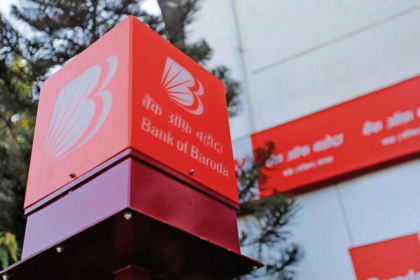SEBI has barred Ketan Parekh, involved in the infamous 2000 stock market scam, along with Singapore-based trader Rohit Salgaocar and another individual, from the securities market. This action comes after allegations of front-running trades for a United States-based foreign portfolio investor (FPI). The FPI manages an enormous $2.5 trillion globally.
In its 188-page interim order, SEBI directed the disgorgement of ₹65.77 crore – the illegal gains made through the scheme. Additionally, the bank accounts of 22 individuals and entities involved have been frozen to prevent any withdrawals. The scheme, which ran for nearly two and a half years, was uncovered through SEBI’s advanced alert system designed to identify trades based on insider information.
According to SEBI’s findings, Parekh and Salgaocar collaborated in this operation. Salgaocar had access to the trading information of the FPI and shared it with Parekh. Parekh then executed trades using various associates in Kolkata to make illegal profits. Salgaocar had a referral agreement with Motilal Oswal Financial Services (MOSL) and Nuvama Wealth Management to bring the FPI’s trades to these firms. However, instead of ensuring compliance, this information was exploited for personal gain.
SEBI’s investigation, which included a search and seizure operation at 17 locations in June 2023, revealed how the scheme operated. Traders of the FPI shared trading plans with Salgaocar to coordinate their activities. Salgaocar then passed this information to Parekh, who systematically used it to place trades through multiple accounts. The profits from these trades were unlawful, and SEBI’s order detailed how the operation relied on aliases, fake mobile numbers, and a network of intermediaries.
Parekh was previously banned from the securities market for 14 years due to his role in the 2000 scam and employed various methods to avoid detection this time. He instructed his associates using phones registered under false names and was known by aliases like “Jack,” “John,” “Boss,” and “Bhai.” SEBI’s investigation meticulously pieced together evidence through chats, phone records, location data, and even birthday messages to confirm Parekh’s involvement.
The financial transactions between the involved entities were carried out using Angadiyas, a traditional cash transfer system managed by couriers. SEBI’s findings prompted immediate action due to Parekh’s history as a repeat offender and the scale of the operation. The market regulator emphasized the importance of interim measures to prevent further malpractice.
SEBI also shared its findings with Nuvama Wealth Management and Motilal Oswal Financial Services, urging them to strengthen internal controls to prevent such violations in the future. Parekh’s history as a market manipulator, including his conviction for price manipulation and circular trading in 2000, has once again come into focus with this new case.







